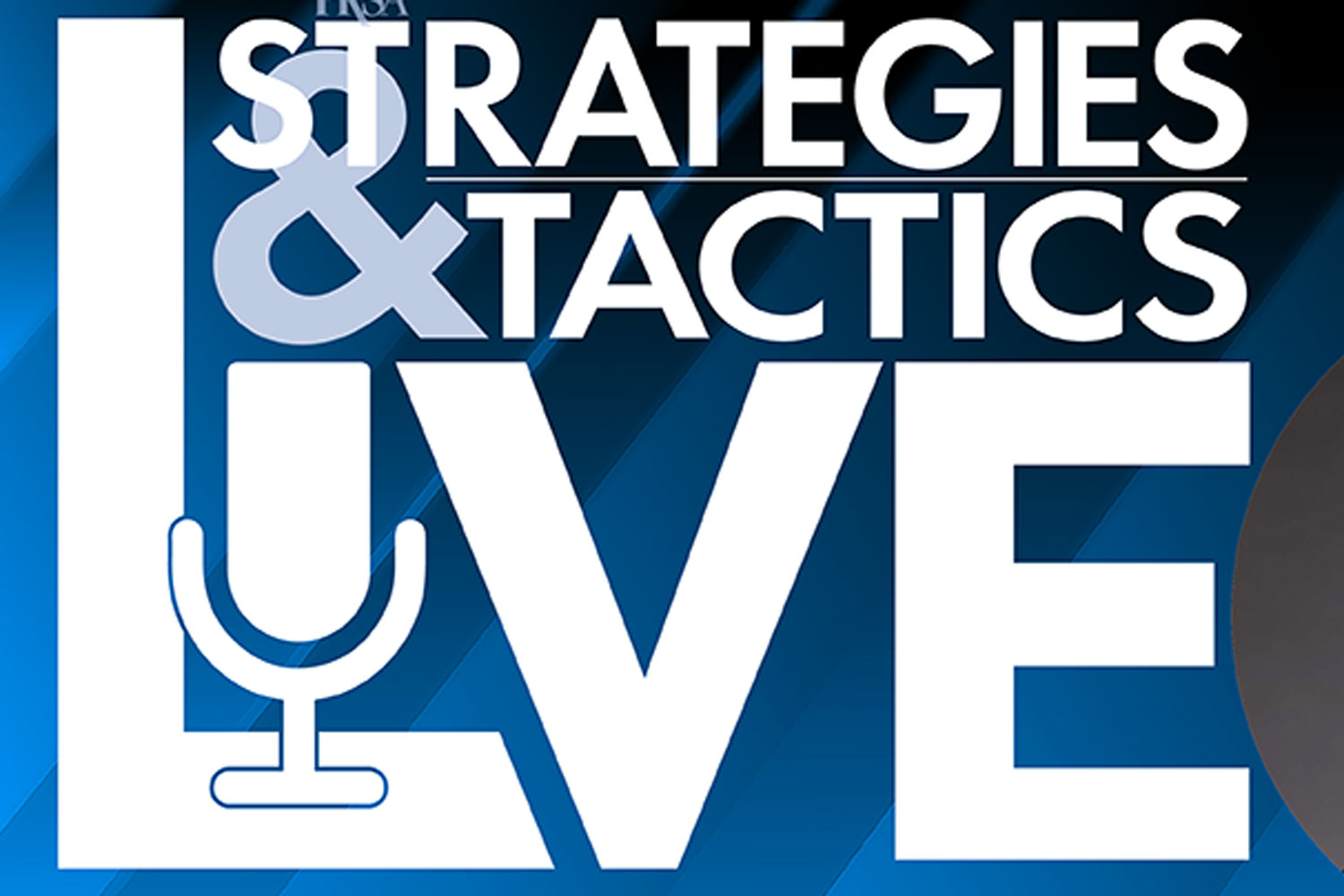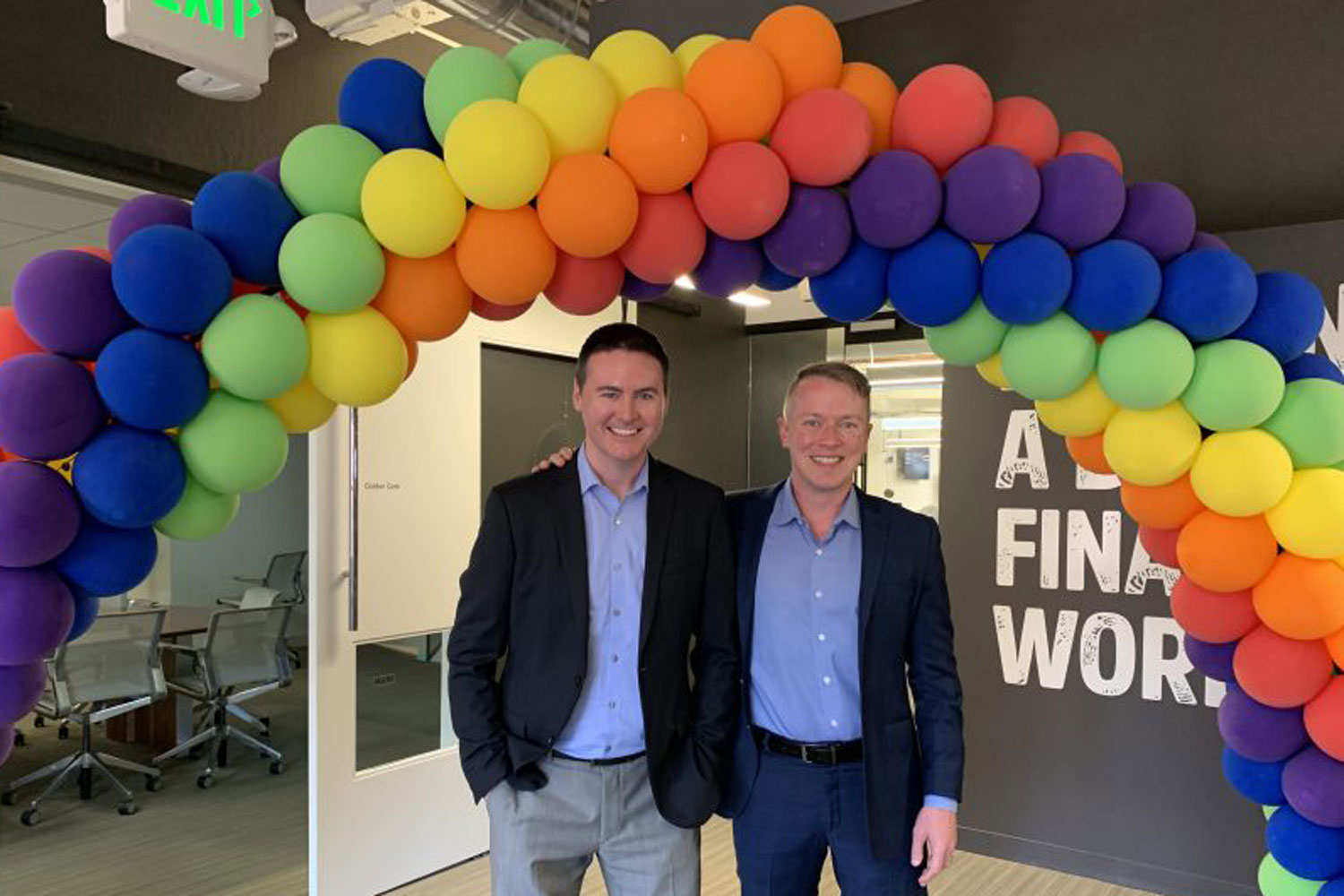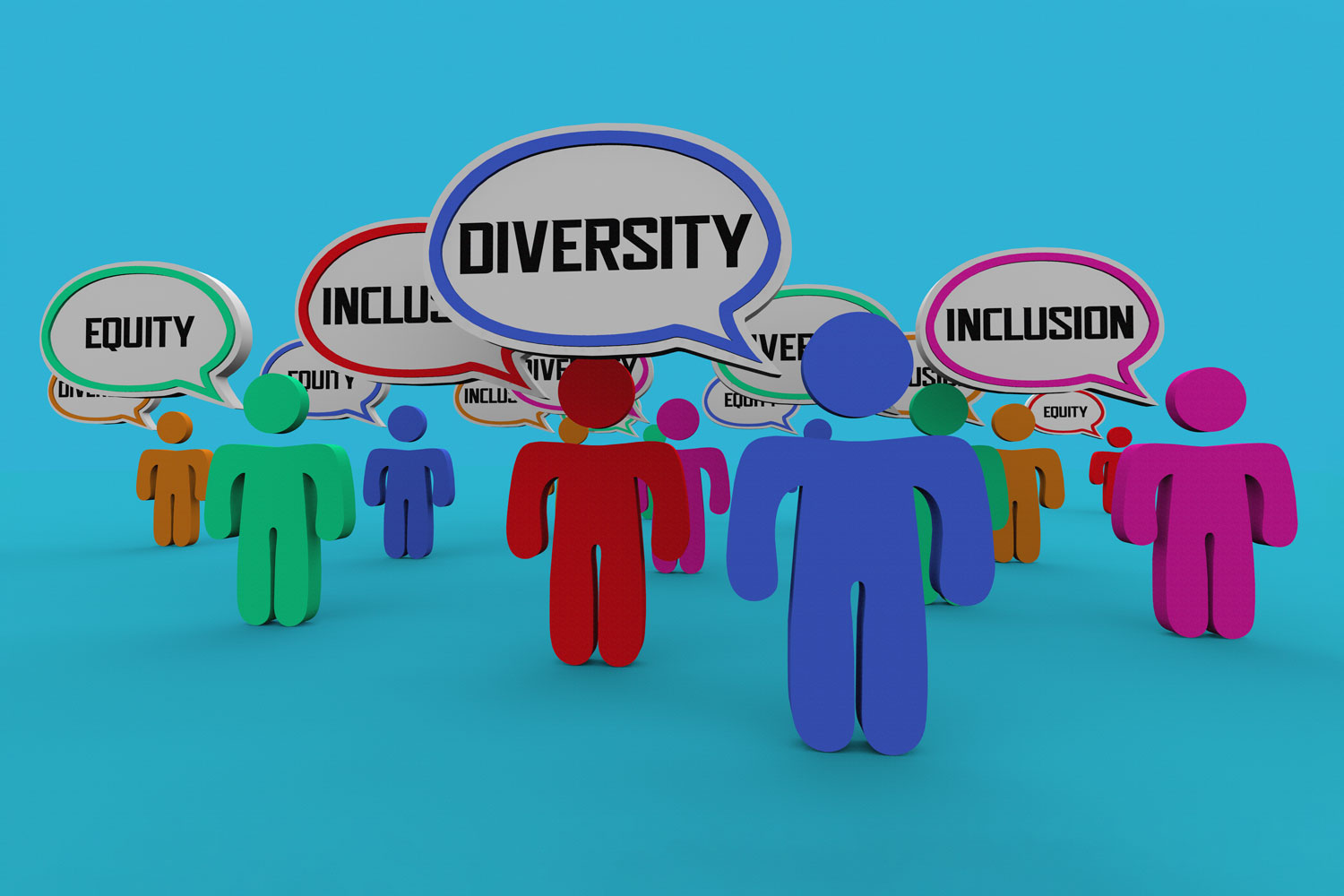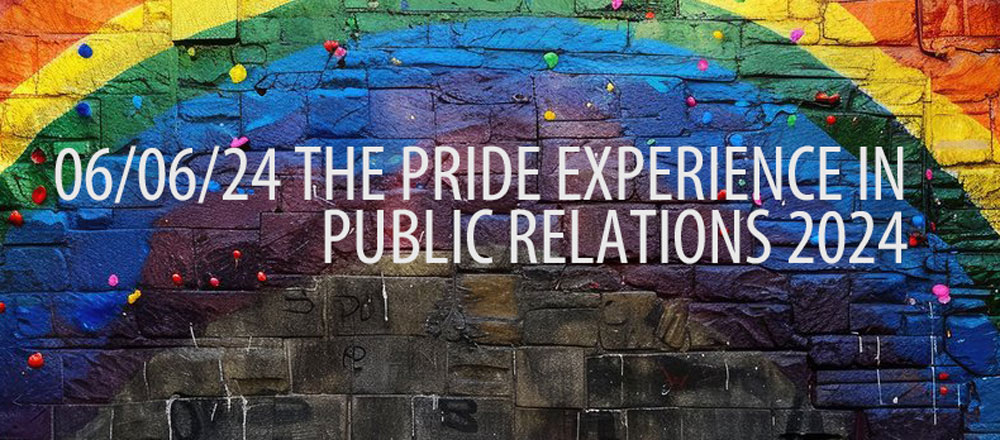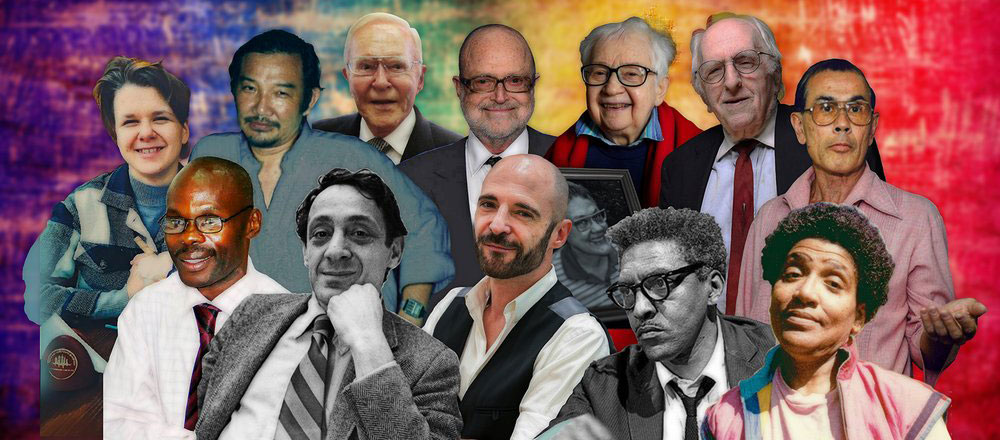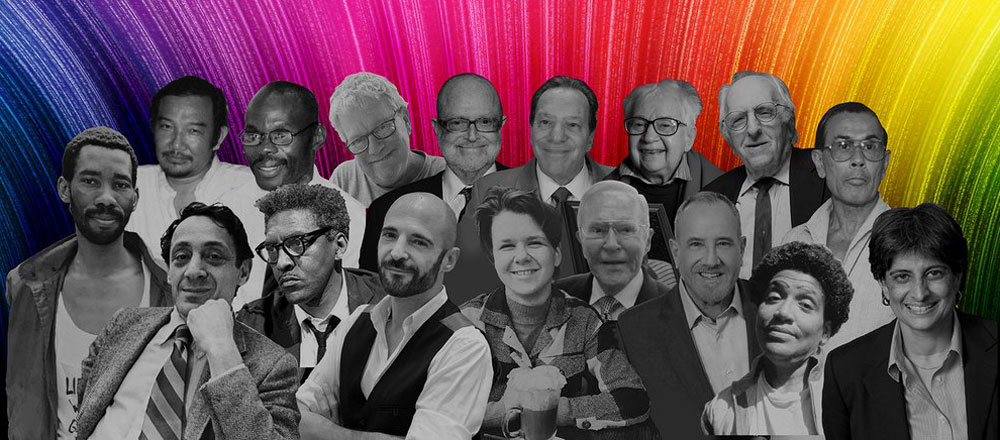Pride Month
.jpg?sfvrsn=b1d52978_4)
Pride Month is held annually in June to commemorate what have become known as the Stonewall Riots, which sparked the modern gay rights movement in June 1969. Members of the LGBTQ community gathered to protest a police raid at New York City’s Stonewall Inn.
Throughout the month, PRSA will offer a wide range of professional development and educational resources, all designed to recognize and celebrate the LGBTQ+ population within and beyond the communications profession, as well as promote the values of diversity, equity, inclusion, acceptance and advocacy. These resources, as you’ll see below, include webinars and other presentations, toolkits and editorial content. Additional offerings will also be announced and available throughout the month.
DIVERSE DIALOGUES

WEBINAR
Shaping the Future of LGBTQ+ Representation in Media & Communications
Recorded June 17, 2025
In an era of heightened visibility and increased cultural tension, the responsibility of communications professionals to uplift LGBTQ+ voices is more critical than ever. Join us for a powerful Pride Month fireside chat featuring two of the most influential voices in LGBTQ+ advocacy and media: Rich Ferraro, chief communications officer at GLAAD, and Kevin Wong, senior vice president of marketing, communications, and content at The Trevor Project.
ON-DEMAND COMING SOON!
On-Demand
Honoring Pulse: How Tragedy Propelled Awareness, Advocacy and LGBTQ+ Action
Full Description
June 12th is anniversary of the Pulse nightclub shootings, a tragic day in American history. As we remember the 49 angels who were lost, we reflect on how this tragedy has propelled awareness, advocacy and action while recognizing the work that is yet to be done.
This event and the ensuing media attention put a magnifying glass on Orlando. We will hear from Central Florida LGBTQ+ leaders and communications professionals whose lives and lives work changed that day. They will share models for nonprofits, businesses, foundations and government institutions for working together to create inclusive community for all LGBTQ+ people. They will challenge communications leaders to continue a dialogue that will lead to change.
Understanding Gender Identity and Intersectionality to Improve Communications
Full Description
For communications and public relations practitioners who want to ensure both their strategic messaging and their workplaces are inclusive, having a better understanding of the “T” in the LGBTQ+ community is of paramount importance. It’s essential that publicists, marketers, and storytellers learn about barriers caused by misunderstanding that can leave transgender and nonbinary team members, customers, clients and target audiences unseen, unheard, and unincluded.
In PRSA’s “Diverse Dialogues: Understanding Gender Identity and Intersectionality to Improve Communications,” attendees will learn from a select panel of transgender and/or nonbinary communications professionals about how to drive advocacy for transgender/nonbinary inclusion in the workplace and how being a better ally to the LGBTQ+ (Lesbian, Gay, Bisexual, Transgender, Queer) community improves inclusion and communications.
Moderator:
Jaron Terry, APR, Fellow PRSA, Co-Chair PRSA’s D&I Committee
Panelists:
Marie-Adélina de la Ferrière, (she/her/hers) PR Specialist, Dixon Schwabl + Company
Diego Sanchez, APR, (he/him/his), Director Advocacy, Policy & Partnerships, PFLAG National
K Terry Smith (they/them/their), Consultant Innovation Marketing, Nationwide
PRSA RESOURCES
Pride, Politics and PR: Why Rainbow Silence Is a Reputational Risk
By Stephen Chavez from O'Dwyer's
Why Pride Should Be a Year-Round Effort
By Jaron M. Terry, M.S., APR, Fellow PRSA
Why My College Crash Course in Crisis Communications Will Never End
By Curtis Sparrer
Pride Month in a Year of Loathing: Allies Needed
By Ben Finzel
Creating Space for Unheard Voices in Work Environments
By Crystal Borde
The Now and No of Engaging LGBTQ Audiences
By Ben Finzel
Ben Finzel’s Commitment to DE&I
By Ken Jacobs





